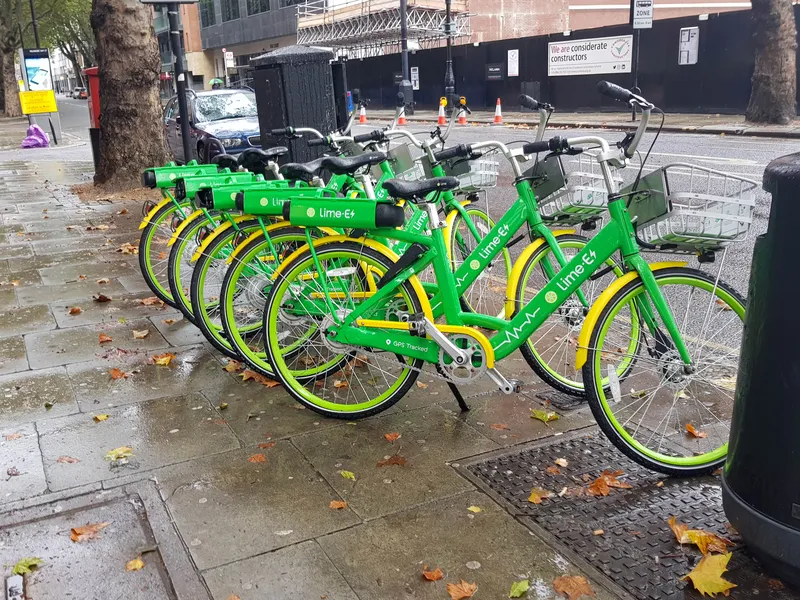A Gridlock Hackathon announced by Indian technology company Flipkart, aimed at finding a technology-based response to solving Bangalore's traffic congestion, has received almost 3,000 registrations and response from over 1,000 teams.
The contest ran from June 7 to July 8 and invited technology-centric solutions, as well as those that partially leverage technology through out-of-the-box thinking. Although the first prize was only US$3,100, it attracted entries from organisations such as Amazon, Microsoft, Mercedes Benz R&D and Ola Cabs, as well as teams from Seattle, Dubai and Bangladesh.
Bangalore is known as India’s IT capital, startup capital and Silicon Valley, but its growth comes at a cost. In the decade 2001-2011, the population of urban Bangalore grew by 51.91 per cent, putting a strain on the infrastructure and resulting in traffic gridlock.
Entries received range from suggestions for flying cars and smart roads built under cities, to Internet of Things-powered road dividers that change orientation to handle changing situations and an app platform that crowdsources and reports traffic violations to enable police to catch violators.
Ravi Garikipati, chief technology officer at Flipkart, says Bangalore’s choking traffic is not entirely the responsibility of the government; its citizens must take some responsibility since they have contributed to the problem with their cars and bikes
Indian tech company hackathon aims to solve Bangalore’s congestion
A Gridlock Hackathon announced by Indian technology company Flipkart, aimed at finding a technology-based response to solving Bangalore's traffic congestion, has received almost 3,000 registrations and response from over 1,000 teams.
July 11, 2017
Read time: 2 mins








